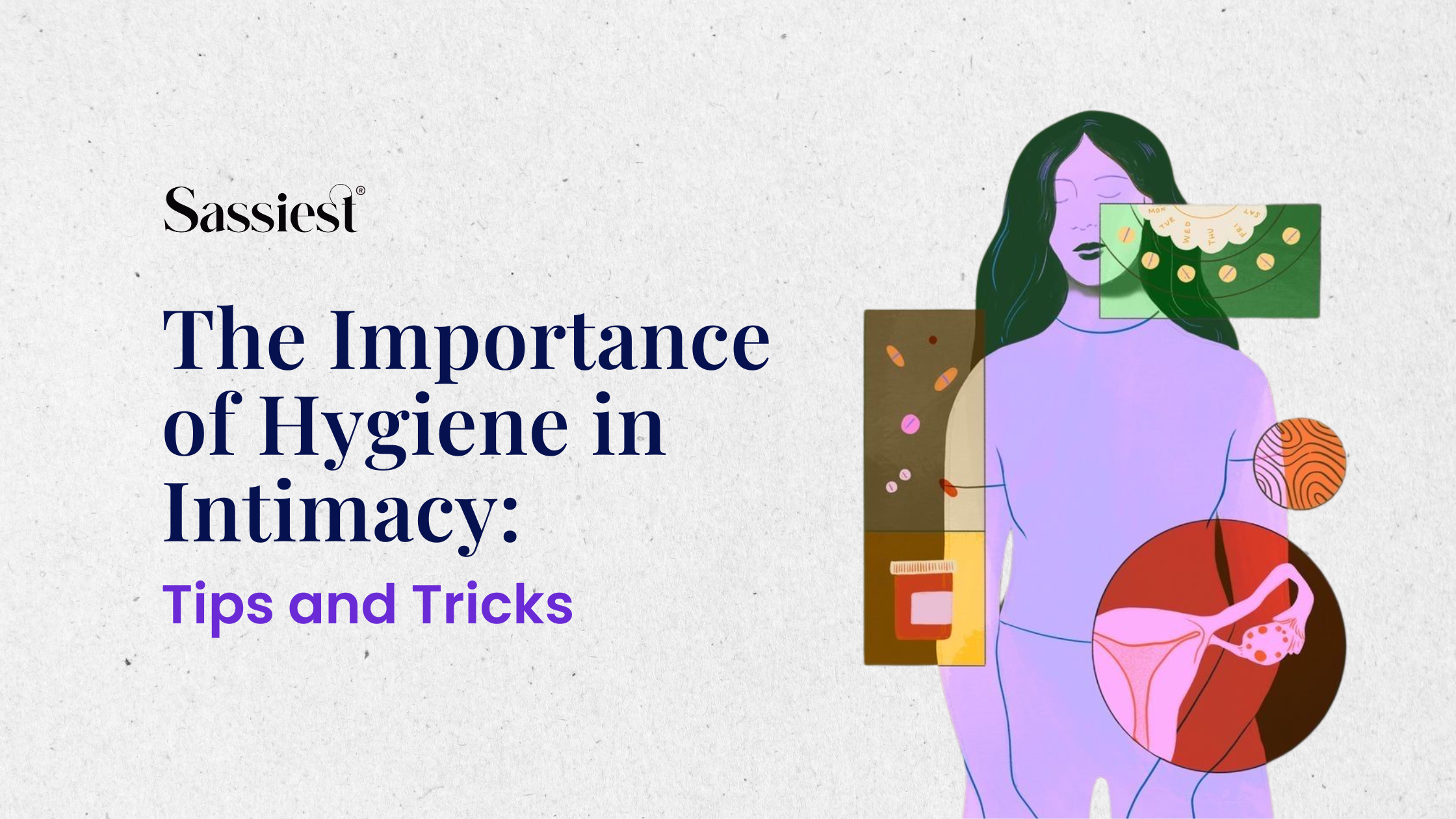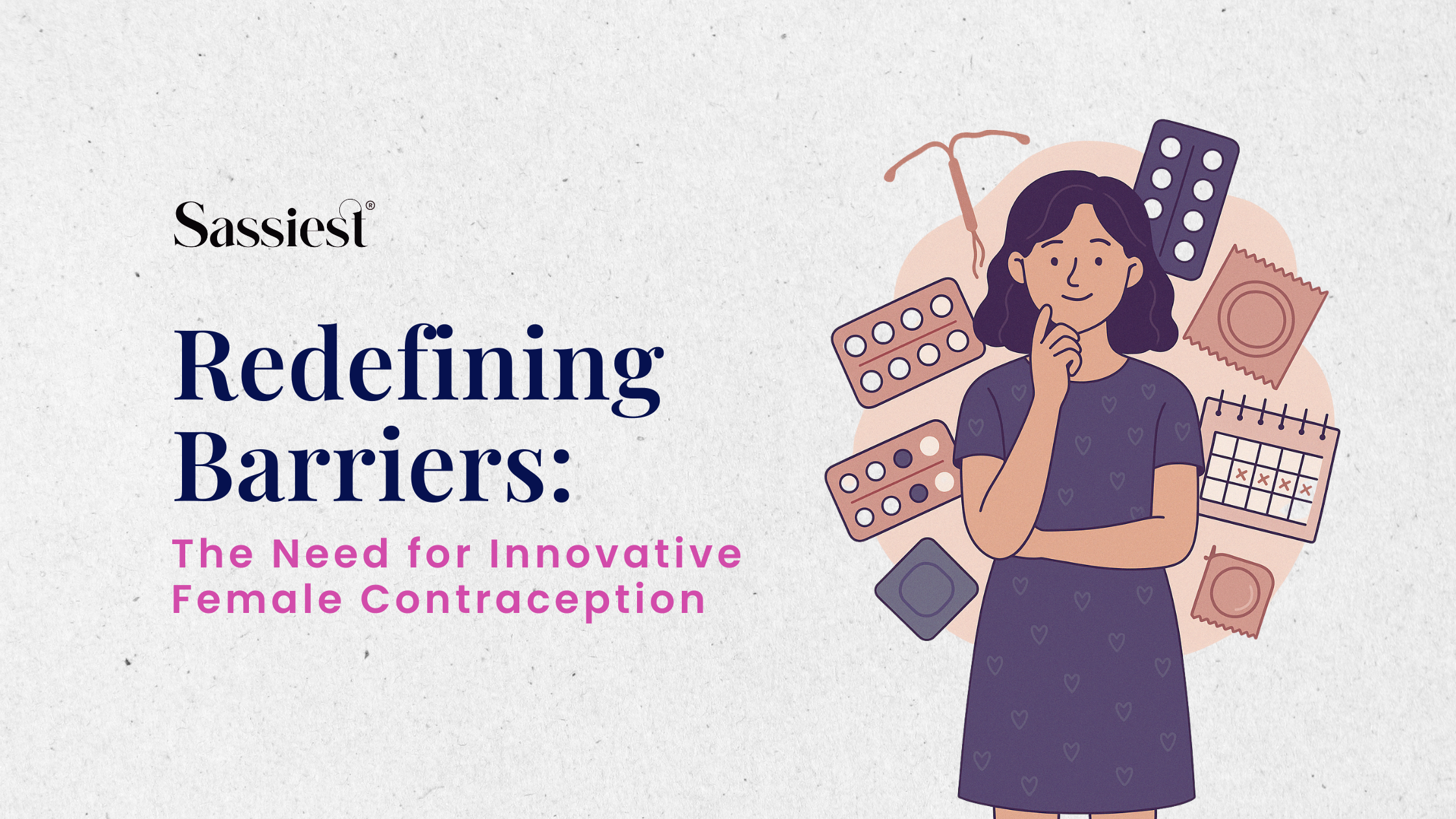Both men and women bring ego into the bedroom—sex being a "performance" instead of a shared process of connection. In India, where frank discussion of pleasure continues to be stigmatized, this performance-oriented attitude creates tension, destroys communication, and ties sexual "success" to one's self-worth. According to research, almost half of South Indian men experience erectile or premature ejaculation problems, a sign as much of psychological tension as physiology. When ego stifles authentic feedback, partners feel invisible and isolated—both wanting intimacy. But research also uncovers simple antidotes: active listening, humility, and mindfulness strengthen sexual satisfaction and trust. When couples can exchange pressure with presence, and 'perfection' with partnership, then together they can create safety, pleasure and relational emotional attachment.
The Ego Show: Why “Performance” Steals the Spotlight
Ego in the bedroom often hides under the guise of intense focus on technique, or "lasting longer," not listening to what the partner is signaling. You might take it personally if they don’t orgasm, or feel rejected if they’re not in the mood—linking your self-worth to their physical response. Resisting feedback (“I know what I’m doing”) and assuming your approach is best further cement ego’s grip—and turn sex into a solo act, rather than a duet.
The High Cost of Performance Pressure
Performance anxiety doesn’t just sap fun; it rewires bodies toward stress, making arousal harder and orgasms rarer. In India, hospital-based studies report up to 48% prevalence of erectile dysfunction and 43% premature ejaculation—figures inflated in clinical settings but nonetheless indicative of a pressure epidemic. Worldwide, studies correlate performance anxiety with decreased sexual desire, greater shame, and chronic distress—more based on fear of judgment than physiology.
Cultural Context: Indian Bedroom Norms
India's rich fabric of scriptures, sculpture, and social prohibitions has informed our sex ethos for centuries—swinging between reverence and repression. Although urban millennials are mostly open-minded, many still carry around an internalized shame that inhibits visible conversation, adding to social awkwardness that frames ego: if you cannot communicate freely about pleasure, the next step is to "demonstrate" yourself in performance.
Building Better Partnerships: What Research Says
Research from all over the world converges upon three foundations of satisfying sex: connection, communication, and chemistry. Participants in a qualitative study emphasized the emotional investment men show in women’s pleasure—linking that investment directly to women’s ability to orgasm. Open sexual communication predicts relationship and sexual satisfaction: partners correctly identify only 62 % of what pleases and 26 % of what displeases their significant other when communication is low. Intimacy coordinators advise thinking of sex as an improvisational dance, where you plot boundaries, stay aware of what you are expressing non verbally, and just let go of the idea of finding a "perfect" choreography.
Strategies to Ditch Ego & Embrace Connection
-
Practice Mindful Presence. Mindfulness training decreases sexual distress, enhances function, and increases erotic pleasure by redirecting attention from outcome to sensation.
-
Cultivate Intellectual Humility. Humility—acknowledging you don't have all the answers—forecasts higher relationship satisfaction and makes you receptive to partner feedback.
-
Use “Soft Starts.” " Start discussions softly: "I enjoyed when you… Could we experiment with…?" instead of harsh criticisms.
-
Normalize Off-Days. As it is okay to experience low libido or discomfort - creating the safety to say, "Today isn't it," actually builds trust.
Reframing Pleasure: From Performance to Presence
Let’s be clear, pleasure is not a competition. Pleasure is an evolving conversation between two bodies (and minds). No one "wins" sex. Both people create sensations that arise from trust, vulnerability, and playful exploration. Forget metrics like time or number of orgasms; consider closeness, laughter, and curiosity. When you put the ego to the side, you can realise that the essence of sexual health has more to do with the holding of space for one another – better sex, better relationship. So the next time you’re getting it on, forget about trying to impress anyone. Just show up - open hearted and caring. Because the best partners don’t want to win - they want to connect.💜





